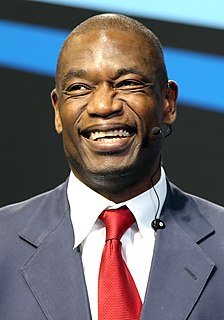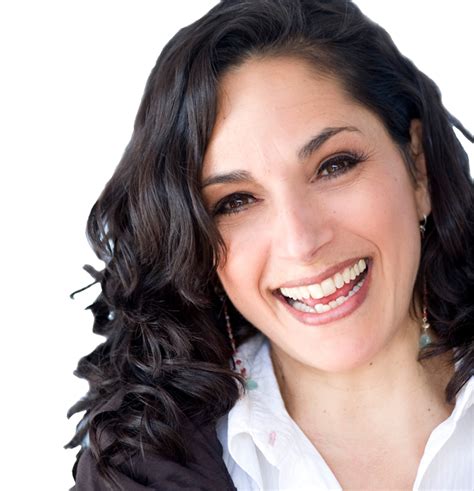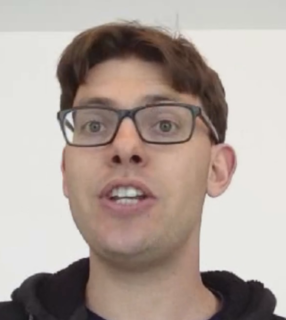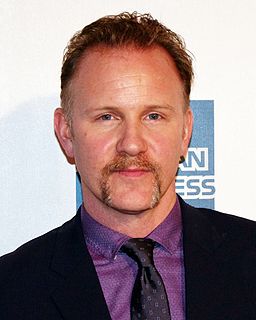A Quote by Dikembe Mutombo
Africa needs more funding to continue to fight all of those diseases. We are losing more than 1.3 million young children under the age of five every year because of malaria. We've already lost 25 million people to the pandemic of HIV-AIDS. More people are dying now from typhoid fever. Diabetes is on the rise.
Related Quotes
Malaria is a disease that kills one to three million people a year. 300 to 500 million cases are reported. It's estimated that Africa loses about 13 billion dollars a year to the disease. Five dollars can save a life. We can send people to the moon; we can see if there's life on Mars - why can't we get five-dollar nets to 500 million people?
Whenever you have a few setbacks, the idea that half as many children are dying now as back in 1990 and so... it was over 12 million a year, now it's less than 6 million a year. We have a clear path to get that under 3 million a year and we know what to do. And this generation of young Africans is a very large group.
The truth is that the 143 million orphaned children and the 11 million who starve to death or die from preventable diseases and the 8.5 million who work as child slaves, prostitutes, or under other horrific conditions and the 2.3 million who live with HIV add up to 164.8 million needy children. And though at first glance that looks like a big number, 2.1 billion people on this earth proclaim to be Christians. The truth is that if only 8 percent of the Christians would care for one more child, there would not be any statistics left.
What is needed now are increased efforts to promote youth participation and commitment; more services aimed at youth; more parental involvement; more education and information, using schools and other sites; more protection for girls, orphaned children and young women;and more partnerships with people with HIV and AIDS.
Modern motor vehicles are safer and more reliable than they have ever been - yet more than 1 million people are killed in car accidents around the world each year, and more than 50 million are injured. Why? Largely because one perilous element in the mechanics of driving remains unperfected by progress: the human being.
In recent years, the government has lost more than five million fingerprints from government employees. They have lost hundreds of millions of credit numbers from financial institutions. This problem is happening more and more and more. And the only way we can protect ourselves is to make phones more and more secure.
I spent the past week here in India getting a sense of the reality of HIV and AIDS in people's lives. Fathers and mothers are dying, leaving children with no support. Stigma and discrimination is ruining the family lives. There is an urgent need for education, information, and increased awareness of HIV and AIDS. The response needs to be now. We cannot afford to become fatigued.
There's so much stigma around HIV/AIDS. It's a challenging issue, and the people that already have been tested and know their status find it very, very hard to disclose their status, to live with that virus, and to even seek out the kind of information they need. This experience of going to South Africa a decade ago really woke me up to the scale of the HIV/AIDS pandemic in sub-Saharan Africa, how it was affecting women and their children. I haven't been able to walk away from it.






































